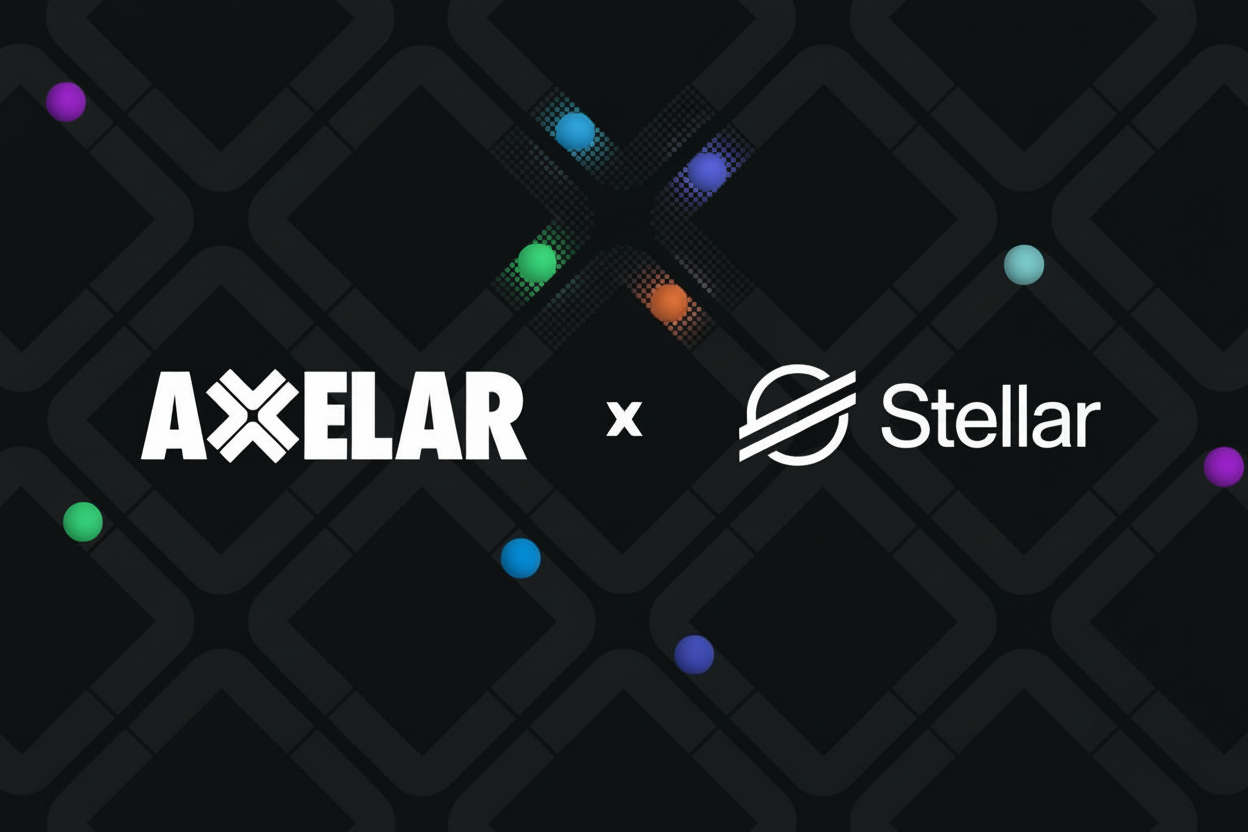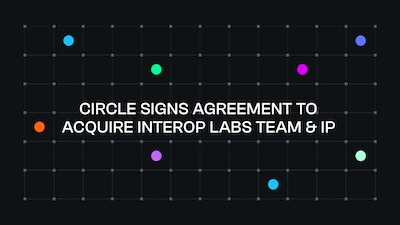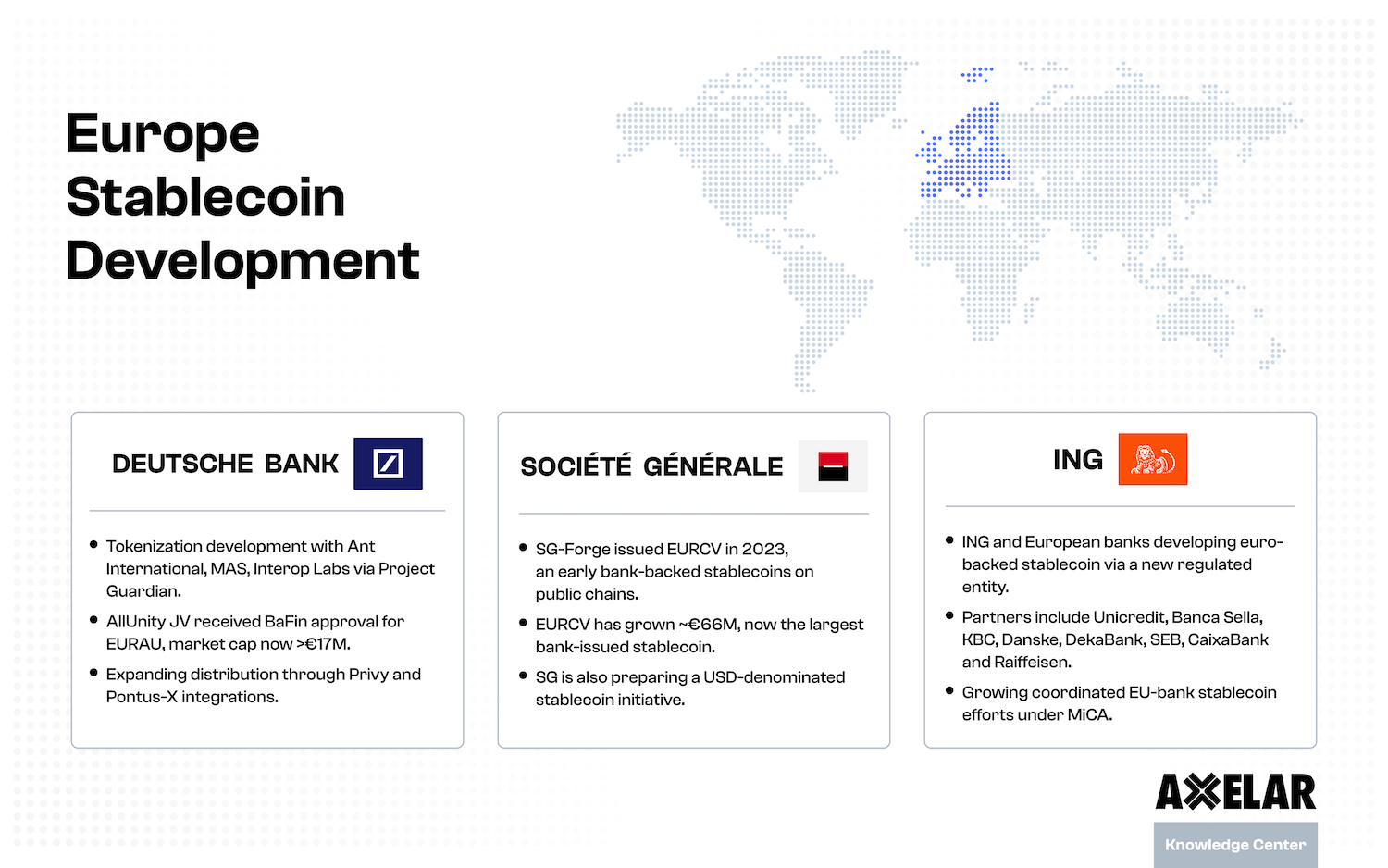Axelar Governance, Explained
Table of Contents


At Axelar, decentralization is not a philosophy. It is the foundation of Axelar’s approach to network security. In this post, we’ll describe Axelar governance over critical network parameters and how it is decentralized.
Decentralization is also not an absolute, but a process. Axelar begins with technology that is capable of decentralization, and progresses toward increasing the network’s decentralization over time. The same applies to decentralization of governance.

A screen shot of the validators page on Axelarscan.io.
Beginning with a permissionless validator set running delegated proof-of-stake consensus, Axelar ensures it is more secure than any other cross-chain option. For more on Axelar’s security approach, read “Security at Axelar Core,” on the Axelar blog — or the very brief summary provided on the Axelar governance forum.
Axelar provides a number of tools for staking holders of AXL to select validators and participate in governance, including the Axelar forum at community.axelar.network and the Axelarscan block explorer (pictured in the screen shot above, including the proposals page).
Key network parameters covered by Axelar governance include:
- Base inflation rates and amounts of other rewards for validators and stakers of the AXL token. (Read more on fees and rewards for validators and stakers of AXL.)
- Network gas fees and formulas for estimating gas on connected chains. (For an explanation of how cross-chain gas fees work on Axelar, read this blog post. Axelar documentation includes a gas fee calculator for reference.)
- Validator thresholds for connecting new chains.
- Rate limits (a security feature).
- Upgrades to Axelar network and smart contracts.
- Disconnecting compromised chains.
- Adding new EVM chains.
Most of these parameters are set via on-chain, decentralized governance, i.e., a vote of the Axelar validators and AXL stakers. Rate limits are set via governed multisig, due to the need for fast action in emergencies (a setup that can be changed via on-chain governance).
The following table lists each specific governance parameter and the governance method used to set it. The table will be updated as needed.
Axelar governance for network parameters
Current value (2023 September)
Governance mechanism to set parameter
Base inflation rate
1%
On-chain, decentralized governance.
Additional chain rewards
0.2% per EVM chain
On-chain, decentralized governance.
AXL gas fees per transaction
0.007uaxl gas unit 0.0014 AXL for normal transfer
On-chain, decentralized governance, subject to network bandwidth.
Formulas for estimating gas fees on connected chains
Transfer fees can be found here
Set by the relayers. Relaying is permissionless.
Threshold number of validators required to onboard a new EVM chain
60% by quadratic voting power
On-chain, decentralized governance.
Transfer-rate limits
Governed multisig.
Upgrades to Axelar network
On-chain, decentralized governance.
Smart contract upgrades
On-chain, decentralized governance.


